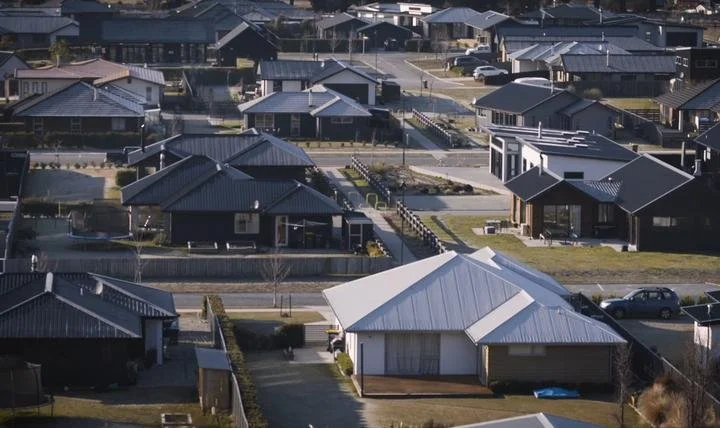-Here are some tips to get into your first home faster
Buying your first home is as exciting as it is daunting. It takes careful planning and some serious savings to achieve the result – YOUR OWN FIRST HOME!
Given the recent changes to the CCCFA, first home buyers are finding it extremely difficult to get their loan approved. With tough new lending rules in place lenders are going through bank statements with a fine-tooth comb.
Given below are some tips for first home buyers which will help with planning and budgeting for buying a home.
1. Keep your accounts squeaky clean
The Lenders like to see accounts that are well managed without delays and/or any defaults. Dishonoured direct debits or going into un-arranged overdrafts regularly can affect your credit score and make you look like a risky prospect for the bank to lend to and you could be declined.
2. Keep credit cards & store cards to the minimum
The Lenders view Credit cards as an existing debt and will allocate a certain amount as committed expense regardless of whether you pay off your card every month or not. The important thing to remember however is that the higher your limit, the less you will be able to borrow, regardless of whether your card has a $0 balance or not.
3. You will need to prove what you say
Banks want to see some evidence that you can afford that new mortgage repayment. Demonstrating that you can save and can afford the repayments without compromising your lifestyle gives the bank some comfort that they won’t be putting you in to financial hardship by approving your loan. These days lenders are looking at and questioning every cup of coffee or take away you indulge in.
4. Deposit
Even if you don’t have 20% deposit, Banks have some capacity to lend to you with a low deposit. When you don’t have a 20% deposit however, the banks will generally want to know you have genuinely saved at least 5% of the deposit by yourself.
5. Other debts
Debts like car loans or personal loans can impact your application and limit the loan amount you might get if these debts are too high, and their repayments can really impact on the general affordability of your application. The banks also assess your overall Assets Vs Liabilities. For example, if you have saved a deposit of $60k and have a car loan of $20k then your equity position would be $40k.
6. Costs involved in purchasing your own home
Before you buy a property, you’ll have to do due diligence on the property being purchased to ensure that you don’t end up buying a “Lemon”.
LIM report: A Land Information Memorandum (LIM) identifies any issues with the land the house is built on, such as drainage and landslip risks.
Builders’ report: Identifies any possible problems with the house you’re looking at buying. An experienced builder will find things that the untrained eye will miss and may save you thousands.
Registered Valuation: A registered property valuation is an assessment of market worth of a house done by a registered valuer.
You’ll likely to need a valuation when you have an offer accepted on a house, and you need finance (a mortgage) particularly if your borrowing is going to be above 80% of the value of the property.
Insurance: You may also be required to pay a Low Equity Premium (LEP) if you are borrowing more than 80% of the property value.
Ongoing costs
Council Rates, Home Insurance and Mortgage Protection Insurance also form an important part of the ongoing costs you’ll need to budget for.
For Personalized professional advice on Home Loans, speak to Rajesh Krishnamurthy on 0210327466 for a FREE no obligation consultation.




